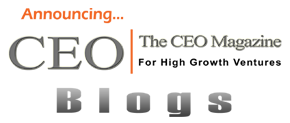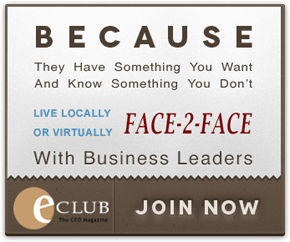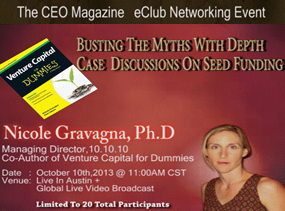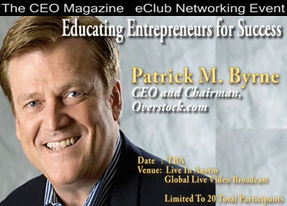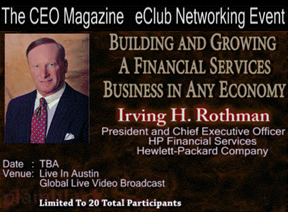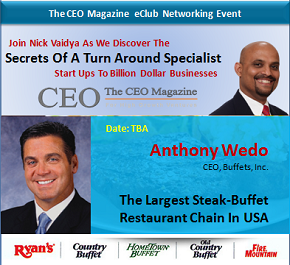You are here
- Guest Blogger |
- Management |
- Sat, 08/11/2018 - 00:28

Oleg Konovalov, Author, Corporate Superpower: Cultivating a Winning Culture for Your Business
An organization’s culture informs its members of the behavior which is most appropriate for certain environmental conditions, and by doing so, allows people to achieve their goals. Thus, culture is accountable for achieving a certain level of excellence in living and development. In terms of governance and people management, culture is responsible for influencing people, attuning their minds to shared visions, goals, and appropriate actions. This positive influence can only be gained through the prominent roles of symbols and values.
Cultural hierarchy should be created and maintained from the top to the bottom. Trying to build culture from the bottom upwards with mere attributes and rules is like chasing a rainbow to find where it begins and ends. Seasoned leaders are well aware that symbols and values are important for employees, while rules and attributes are praised by those who like jumping between jobs. More rigorously, symbols and values are associated with employees’ reflexive receptiveness of culture and actions evoked by values.
Building an elegant and solid culture is the pinnacle of the art of leadership. All four critical forces must be prominent, effective, and working towards cultural enhancement. Symbols, values, rules, and attributes are interdependent and work effectively only if well-defined and supportive of each other. Delete or ignore one of these forces and the culture will collapse, burying the whole organization under it. If rules and attributes prevail over values and symbols, then expect a negative culture to flourish, turning a once great organization into one that is unable to satisfy owners or employees.
Some practical tips to instilling values:
- Chose three to five core values reflecting vision and evoking the best human qualities needed for achievement of your organization’s goals. Three is a minimum number of values needed to support employees’ psychological aims. At the same time, people will lose focus if more than five values are declared.
- Your organization’s values should echo human values and desires, otherwise they will be meaningless.
- An ability to translate values into practice and reality matters most. Simple declaration of values without actions is self-defeating.
- Your organization’s purpose and goals must be aligned with values that allow for the control of actions and the ability to benchmark stages of development against them.
- If rules are not in line with values, then they simply imitate natural control and care of people. Massaging rules for the sake of changing them leads to chaos and misalignment of values.
- If culture turns negative, look at whether or not your rules and attributes support your organizational core values.
- Values are important for believers and rules are praised by manipulators.
- Values are not patterned statements, but have a tacit nature because an advanced understanding of them is born among employees. Only then are they fully visible to external stakeholders. Thus, let employees get involved in discussing them.
Values are the pillars that hold up the culture and form the cultural codes which regulate all the unwritten procedures and social norms inside an organization, whether formal or informal. Values keep an organization’s spirit strong and concentrated, defining the organizational conciseness. An organization without prominent cultural values is like a drunk who has lost his way in a blizzard without hope of rescue.The aim of cultural values is to stimulate employees and encourage a willingness to commit their capabilities to the achievement of an organization’s goals. Values which are accepted and supported by members reach their hearts and minds and so allow them to drive an organization beyond rational predictions to reach desired horizons.
About the Author
Oleg Konovalov is a management consultant with over 25 years of experience operating businesses both in the UK and internationally. He received a doctoral degree from the Durham University Business School, UK. His research areas include the structure and forms of organizations, organizational and interpersonal ties, culture and ideology, effectiveness and problem-solving. He is the author of Corporate Superpower: Cultivating a Winning Culture for Your Business.
Follow The Blog
Blog Categories
- Business Ops. (45)
- Editors (3)
- Entrepreneurship (196)
- Finance (25)
- Leadership (529)
Blog Authors
- Guest Blogger (835)
- Cynthia Kay (92)
- Linda Henman (78)
- Dianna Booher (46)
- Craig Ross (31)


